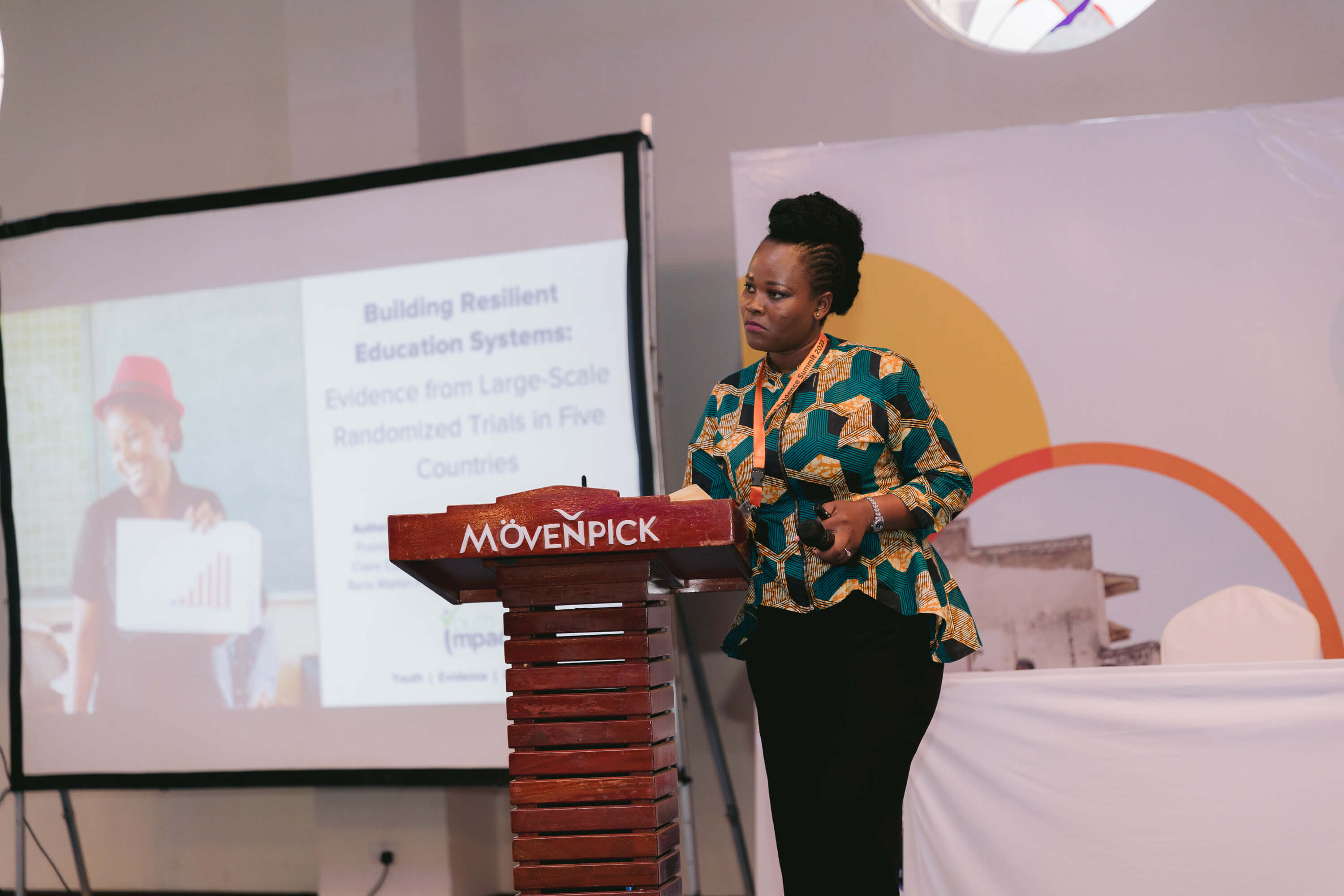This study evaluated the poverty reduction outcomes of Uganda’s Parish Development Model (PDM) among poor urban households in Kampala, focusing on its impact on poverty indicators, distributional effects on vulnerable groups, and the empowerment potential of its decentralized delivery model. Using a mixed methods approach—panel data analysis and thematic qualitative analysis—the study found that PDM significantly improved income, consumption, working capital, and food security, though it had limited impact on savings. While both male and female-headed households experienced gains, youth faced barriers to full participation, despite improved savings due to reduced expenditures. The program’s success was attributed to a robust institutional framework that balanced local and national roles, and its integrated delivery of services like training and credit provision. However, key implementation gaps persist, including limited rollout of pillars such as savings, social services, and infrastructure, and insufficient engagement with non-state actors.
Based on these findings, the policy recommendations are strengthening savings and investment behavior among beneficiaries; expanding the full implementation of all PDM pillars; increasing involvement of civil society, the private sector, and community institutions to enhance sustainability; tailoring participation criteria to better include youth and other vulnerable groups; ensuring adequate, needs-based funding at the local level; and fostering trust in program implementers through sustained community engagement.
Research Team: NIERA member Mary Nantongo (PhD), and collaborators Enoch Owusu-Sekyere (PhD) and Aboutahab Assem (PhD) (Swedish University of Agricultural Sciences), Ronnet Atukunda, Henry Galiwango, and Nerima Esther (Makerere University), Adeline Muheebwa (Uganda Forum for Agricultural Advisory Services), and Abdu Mugisha (Ministry of Agriculture, Animal Industry and Fisheries).





